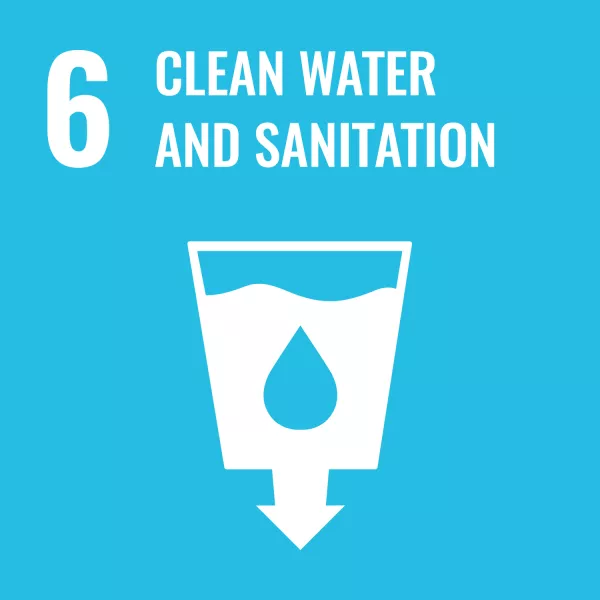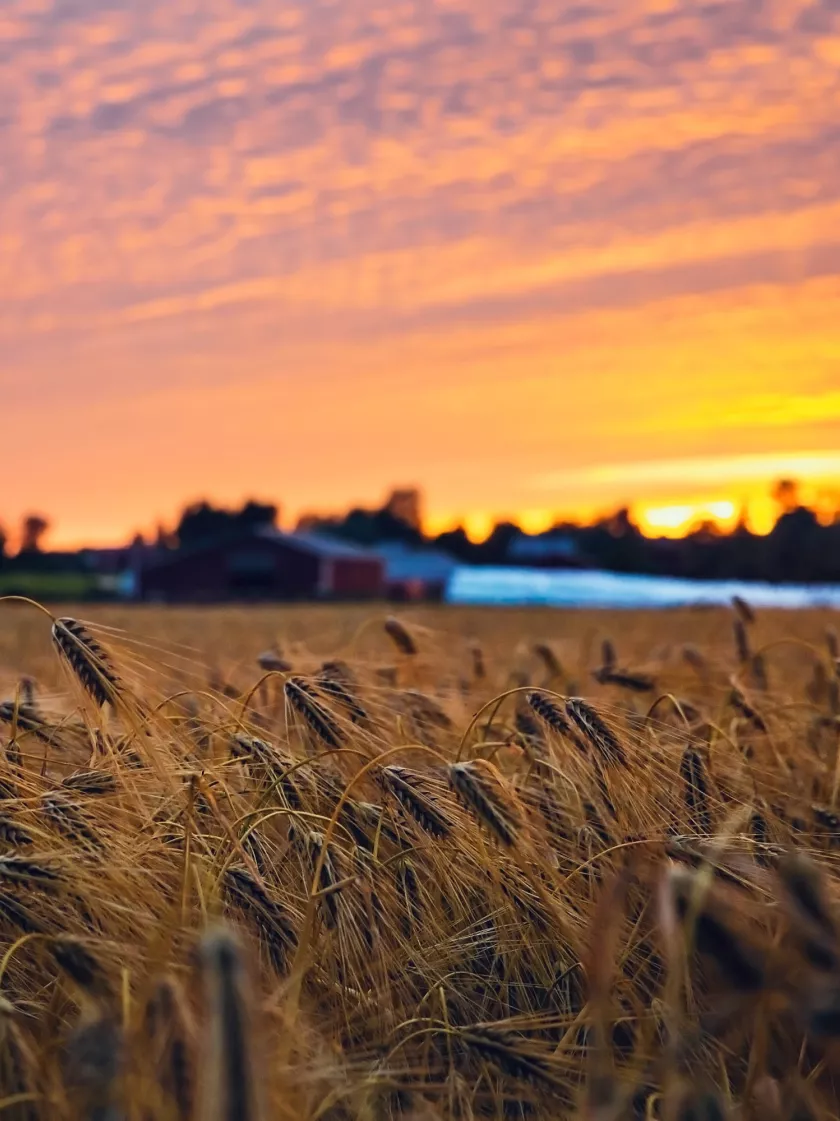About the project
The project will highlight the freshwater mussel as a potentially useful product that can be used as feed, a gourmet product or a useful species in bioremediation (natural purification plants). The environmental industry will gain insight into new products, and we will investigate the quality of freshwater mussels and whether large-scale industrial use of freshwater mussels would be possible in northern Ostrobothnia. Hopefully, this will lead to feed producers choosing domestic chicken feed, for example, and being prepared to pay a fair price. Another long-term effect would be increased economic sustainability in potential businesses and more young people being attracted to the environmental industry linked to the circular economy.During the project period, project participants will receive assistance with communication and marketing. This will give the project idea visibility during the project period and the opportunity to market potential new local products if freshwater mussel aquaculture proves suitable in our areas.
Project goal
The main objectives of Novia's share of the project are:1. to conduct a study and compile information on the suitability of freshwater mussels for aquaculture in our latitudes, and to investigate which methods could be used. Compile information on what freshwater mussels eat, how they affect fish and other species in their immediate environment, how they affect water quality, and what requirements freshwater mussels have for their habitat. This also includes making general calculations of how mussel farming affects the local environment: nutrient uptake, turbidity levels and algae occurrence.
2. Planning and tendering tissue analysis, sampling mussels in Ostrobothnia for analysis of heavy metals, toxins and nutritional values in freshwater mussels, compiling conclusions regarding the quality of freshwater mussels for potential use in the feed, environmental and food industries
3. Information and communication within the project: popular science articles, own website, information via local newspapers and social media. We will follow a communication plan that we will draw up at the start of the project
4. Analysing and compiling results from this project in parallel with the project being carried out by PJI. With regard to data, we follow a joint plan drawn up at the start of the project concerning data collection, data analysis and data transparency.
5. The project is directly linked to areas of interest in Ostrobothnia; freshwater mussels for tissue analysis will be collected in Ostrobothnia (a lake has been proposed in Larsmo), the project manager will carry out the practical part of the project in Ostrobothnia (Novia/Vasa), and communication and networking will take place on an equal basis between different campuses and partners.
UN's Sustainable Development Goals

Jonna Engström-Öst
Special Researcher
